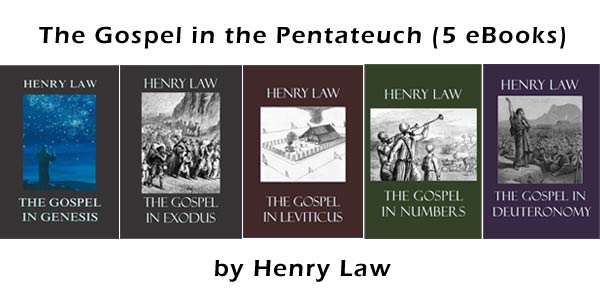The Failure of Secular Epistemologies
by Jason Lisle
Non-Christian worldviews would make knowledge impossible. By this, I certainly do not mean that non-Christians can’t know anything. Clearly they can. But this is despite their worldview and not because of it. My point is that if reality were the way non-Christians claim it is, then knowledge would be impossible. The reason is that these unbiblical worldviews cannot justify those things necessary for knowledge. So while a non-believer might offer a reason for a belief, he or she cannot ultimately justify the reason itself from a non-Christian foundation.
For example, “I know Saturn has rings because I have observed them with my eyes through a telescope.” But this assumes that our eyes are reliable – a Christian concept. A person might say, “I know two contradictory claims cannot both be true because this violates a law of logic.” Quite right, but apart from Christianity there is no reason to believe that laws of logic are universally and invariantly reliable.
As a specific example, consider the most common secular worldview – that the universe is the result of a big bang, followed by billions of years of cosmic and then biological evolution. In this worldview, people are merely the inevitable unplanned result of chemistry acting over time. There is no grand scheme of things, no ultimate mind upholding the universe, and no ultimate objective meaning.
Can a person holding such a view ever have good reasons for his beliefs? Evolutionists do rely upon laws of logic, upon their mind and senses, and upon morality. And these are good reasons – in the Christian worldview. But in the secular worldview, can these reasons be justified? If not, then a secularist would be irrational to believe them.


 by Pastor Mark Robinette
by Pastor Mark Robinette
 by Thomas Watson
by Thomas Watson by J. C. Ryle
by J. C. Ryle